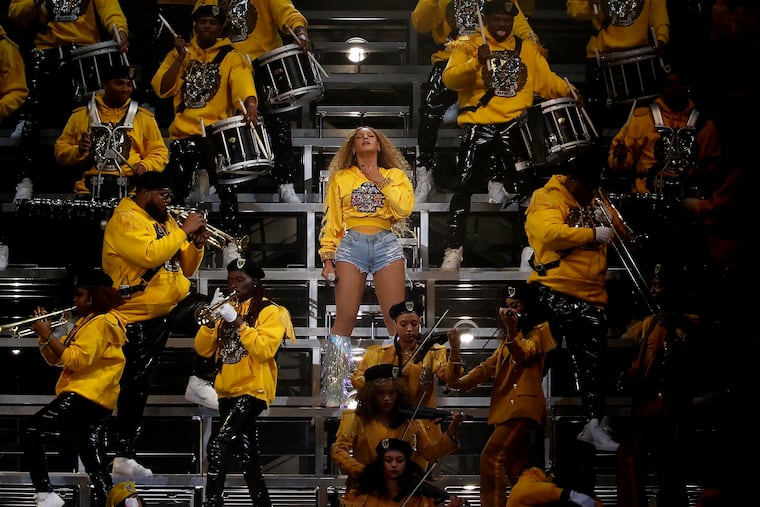Beyoncé helped me blossom into myself
Beyoncé’s music helped me through my struggles as an LGBTQ teen, and she has supported me as a transgender adult.

I have been a part of the Beyoncé BeyHive since before the hive was even a thing. The Queen B’s music helped introduce me to myself.
In the summer of 1999, as the world rocked to a new album by Destiny’s Child, I was embracing my true identity as a transgender teen. I felt like the tracks “Say My Name” and “Sweet Sixteen” were written for me.
When I was 16 years old, I was unhoused, running away from my safety net because it was no longer safe for me as a trans teenager at home. As I sought affirmation of my trans identity, I fell for people who would tell me anything to get what they wanted — both my age and older men.
At 20, finally finding some stability, four years into my blossoming and wanting love, being so ready that I was blind, and being dangerously in love with another person, I forgot to love myself. That year, Beyoncé’s debut solo album, Dangerously In Love, reassured me to put myself first.
I can track the many seasons of my life in Beyoncé albums. B’Day in 2006 sent me to the clubs and had me feeling myself. I dug out that “Freakum Dress” from the depths of the closet that gave my body life so hot you had to ring the alarms.
Beyoncé’s music helped me blossom into my womanhood. When I listen to her music, I can feel my teenage loves moving into full-on adult heartbreak. In her lyrics, I found the value in who I am as a woman. I learned to have standards. Beyoncé taught me that there is power in my flaws and that it is a privilege to use my femininity to achieve all that I desire.
Now, as a 39-year-old trans woman, it’s like Bey and I grew up with each other. I see Beyoncé as my big sister, teaching me the ropes and helping me thrive through society’s expectations and its lack of tolerance and acceptance.
These standards lead so many people — especially those who seek to be accepted — to take extreme measures to fit in or to self-medicate to escape the feelings of not being accepted.
If I let the data speak the truth in my life, then I shouldn’t be here. I couch surfed as a teen. I am a survivor of physical harm and sexual assault and self-medication. I played ring around the rosie with the Philadelphia jail system. I allowed the stigma and a lack of understanding and inclusion to present a barrier for me to achieve my greatness.
But, as always, Beyoncé stepped in to save me.
In 2011, her fourth studio album, titled 4, was on repeat. By this time, I was finally seeing the power I always had within myself. I stopped allowing the stigma against trans women to dictate my future. With Beyoncé’s music as a guide, I started pushing myself through barriers in my life so that I could leave a lasting mark: I was here. I gave. I loved. I lived.
After being fired for a technical violation on a job application by identifying as female instead of male, I found my voice to fight for what I needed: dignity and human rights.
In each of the last three decades, Beyoncé’s music has played an instrumental role in identifying my femininity, reclaiming my power, and using that power to thrive.
Now, I embrace my flaws. I seek validation only in myself. I set my own standards for what I desire out of life.
I have dealt with breakups, self-awareness, love, and spirituality in every word shared through the lyrics of the many albums curated by this talented artist. Beyoncé helped me through my struggles as an LGBTQ teen, and she has supported me as a transgender adult.
To the BeyHive in Philly and those coming to the Linc to share space with Beyoncé, enjoy the moment, and remember this is the City of Love. I am there in spirit.
Naiymah Sanchez is a proud transgender BeyHive Philadelphian.